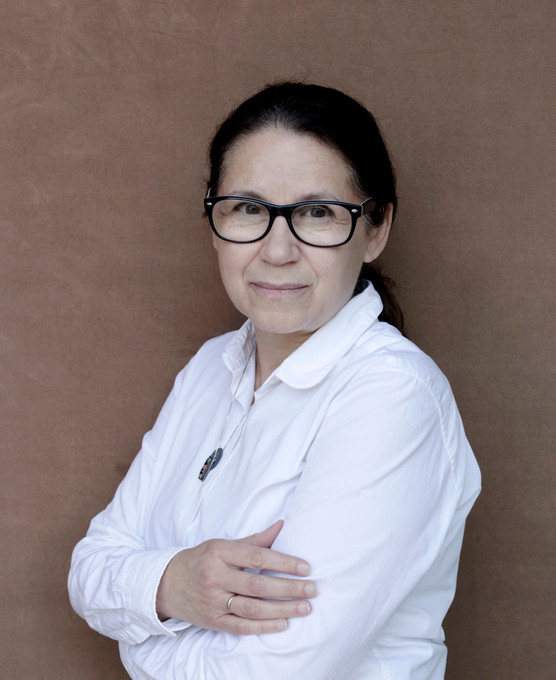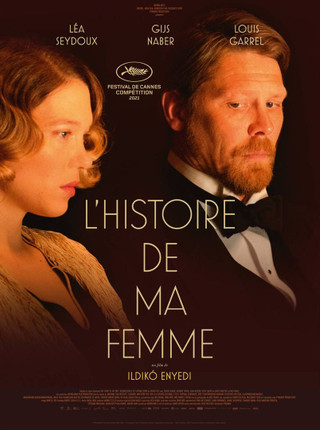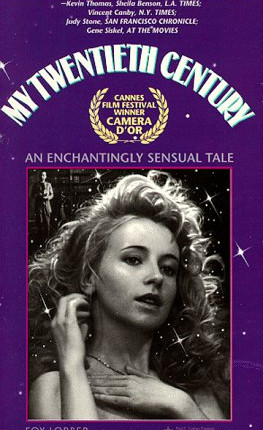
A major figure in contemporary Hungarian cinema, Ildikó Enyedi has always sought to think about cinema and question its practice. From the beginning of her career at the end of the 1970s, she was involved in contemporary and conceptual art circles. In 1984, Ildikó Enyedi made her first short films, setting the stage for her future work on the boundaries between dream and reality and the interpenetration between cinema and the real world. In Flirt: Hipnózis, she filmed herself during a hypnosis session, while The Mole describes an entirely projected world, recalling Plato’s allegory of the cave. Her career as a feature film director began successfully at the Festival de Cannes in 1989, where My 20th Century, selected for Un Certain Regard, won the Caméra d’or. It encompasses all the epistemological effervescence in which yesterday’s cinema was born and today’s cinema was forged. The figure of Edison, who launched society in the race for scientific evolution, the technical advances that have changed the face of the class struggle, the new means of locomotion and communication that redefine the space-time boundaries of a world undergoing radical transformation are all explored in this black and white film. Her subsequent films, whether they be feature films, shorts or a series —Ildikó Enyedi directed the Hungarian adaptation of BeTipul from 2012 to 2017 (Terápia) —, whether they depict love stories (Tamas and Juli, First Love) or police dramas (The Magic Hunter, Simon Le Mage), all dig into the furrow of feelings as mediums between the visible and the invisible, between the palpable and the impalpable. Her elaborate aesthetics supporting intimate scenarios is the spice of her distinctive filmography: On Body and Soul, Golden Bear at the Berlinale 2017, The Story of My Wife, in Competition at the Festival de Cannes 2021. With her world-renowned films, Ildikó Enyedi weaves an impressive body of work of subtlety and grace, where rarity engenders precision, where the act of filming measures a way of conceiving cinema.
Jury attendance
- President La Cinef & Short Films, 2023

